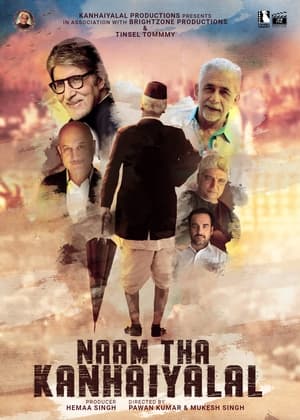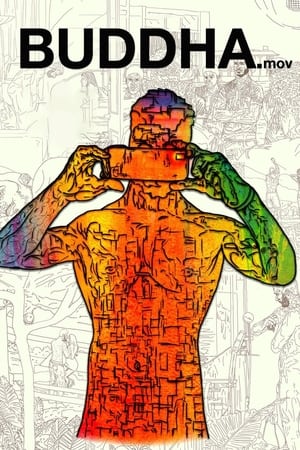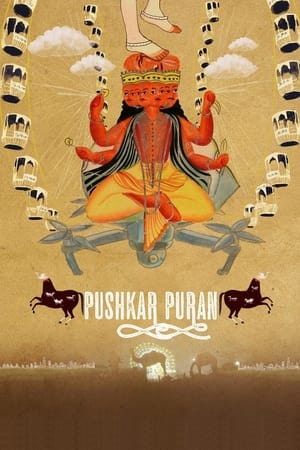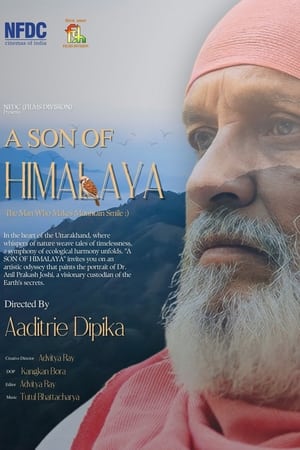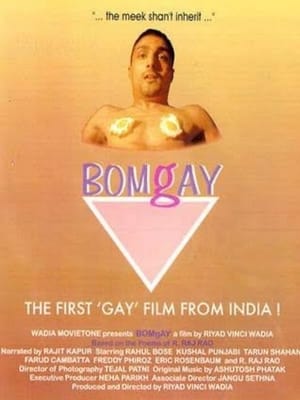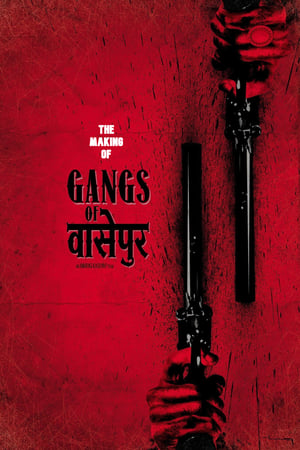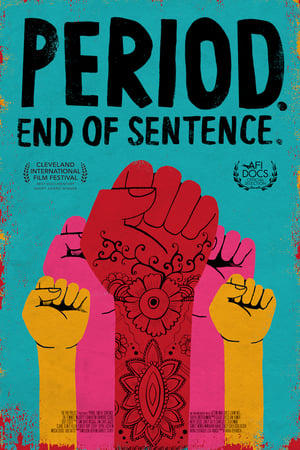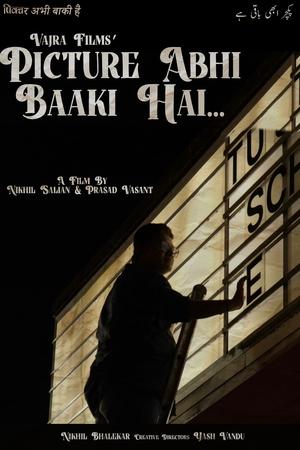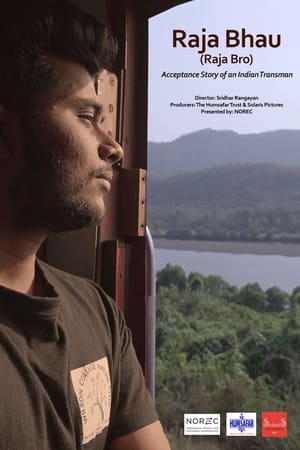Overview
A turbulent newsroom drama that intimately chronicles the working days of broadcast journalist Ravish Kumar as he navigates a spiraling world of truth and disinformation.
Reviews
Though I really did not much care for the busyness of this documentary, it does offer us a fascinating - and worrying - glimpse into the state of journalism in this most populated of democracies. It follows acclaimed anchorman Ravish Kumar who fronts the NDTV primetime news slot. His style of investigative reporting is to challenge the establishment on a range of legitimate issues and gradually, we see how the zeal of others makes his life a living hell. He is accused of being a traitor, amongst other things, and has a permanent police bodyguard as the threats to his person, his home and his family are real and violent. It is all the more concerning that, at a time when there is increasing clamour from some quarters for more state regulation around the world, it becomes clear that the state is not averse to a bit of censorship too. Though none of this is specifically proven here, the jamming of their transmissions, the investigations into their staff and the generally threatening nature of those with attitudes opposed to his free thought style of reporting has a chilling effect on not just us watching it, but on his colleagues who find themselves gradually tiring of the constant intimidation and the feeling they are banging their heads against a wall. Vinay Shukla also illustrates quite effectively that whilst the West is banging on about historical racism, the divides in this huge nation are current, visceral and largely based on religious lines - a sort of historically rooted religious sectarianism that is as irrational as it is unpleasant. There is a scene in which Kumar complains about too much information on the screen, and that is a flaw I would level against this production as an whole. It is far too hurried. The style of presentation is repetitive (how many opening links do we need to see?) and the constant use of the competitors broadcasts is effective for a while but loses context - you will probably have to be much more familiar with the Indian television market than I am to fully understand just who is who, and for what they stand - and a few moments of explanation at the top would have helped enormously. That said, though, Kumar comes across as a considered and responsible man determined to keep the agenda based on what actually matters to the people of his country, and not just to the jingoistic - and though set in the vibrancy of India, this could apply just as readily in territories where the media emphasis is capable of corrupting the debate and, potentially, the lives of many.

 94 min
94 min
 7.8
7.8
 2023
2023
 India
India
 CinemaSerf wrote:
CinemaSerf wrote:
